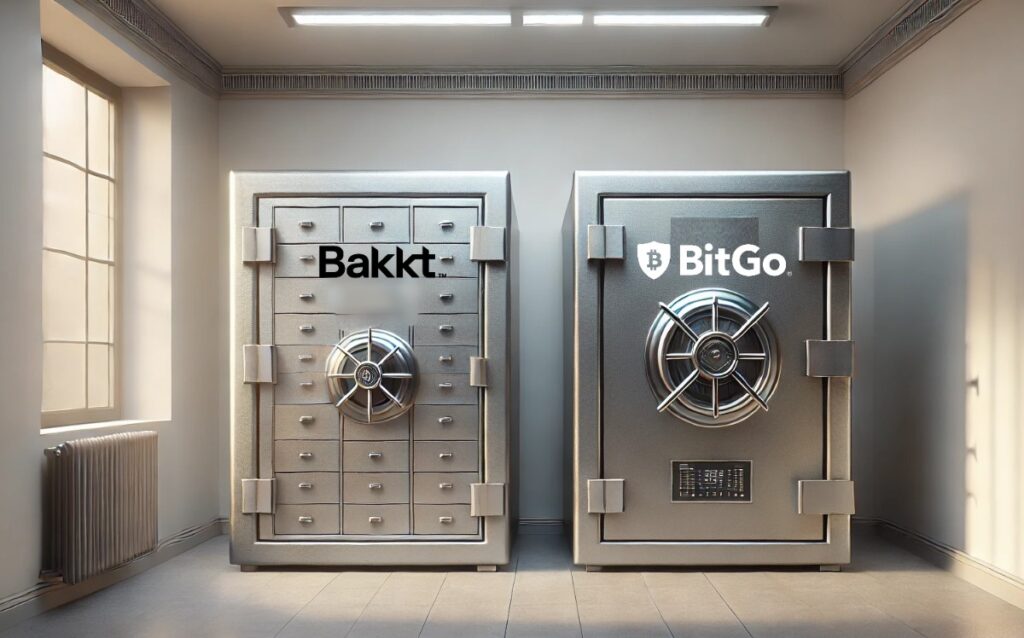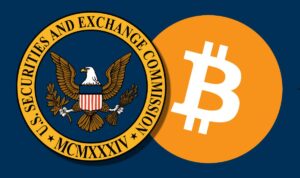The U.S. Securities and Exchange Commission (SEC) Whistleblower Program, created under the Dodd-Frank Act in 2010, offers you the chance to earn substantial financial rewards by reporting securities law violations. Beyond just doing the right thing, you could be looking at life-changing payouts, all while being protected from retaliation.
This guide will walk you through the process of becoming an SEC whistleblower, the kind of information required, and the potential financial benefits.
As long as you have credible, original information about securities law violations, you can be a whistleblower. This means that investors, analysts, and even concerned citizens can potentially play a role in exposing fraud – and get paid to do so.
Who Can Be a Whistleblower?
You don’t need to be an insider to blow the whistle on fraudulent activities. While employees, suppliers, and others closely related to a company are more likely to have access to actionable information, the SEC does not restrict who can report violations. You also do not need to be a US citizen. In fact, much of the fraud exposed by whistleblowers relates to global activity, with corporate bribery of officials by multi-national organisations being relatively commonplace.What Kind of Information Do Whistleblowers Provide?
To qualify as a whistleblower, the information you provide must meet specific criteria:- Original Information: It must be derived from your independent knowledge or analysis and not already known to the SEC.
- Securities Law Violation: The information must relate to a violation of federal securities laws.
- Significant Contribution: The information should lead to a successful enforcement action where the SEC collects monetary sanctions exceeding $1 million. While this may sound like a lot, in reality it’s happening everyday – and to household names as well. As this article on Brave New Coin reveals, big names like Morgan Stanley, Wells Fargo, Goldman Sachs and dozens of well-known and well-capitalized US companies are regularly fined by the SEC.
- Financial fraud or misstatements in a company’s filings.
- Insider trading.
- Foreign corrupt practices.
- Manipulation of securities prices.
- Ponzi schemes and other fraudulent investment schemes.
How Much Money Can You Make?
The financial incentives for whistleblowers are substantial. In FY 2023, the SEC awarded nearly $600 million to 68 individuals, including a record $279 million award to a single whistleblower. The SEC’s whistleblower awards range from 10% to 30% of the monetary sanctions collected as a result of the whistleblower’s information. Here are some notable recent awards- $279 Million Award: The largest in SEC history, given to a whistleblower whose information and assistance were critical to the success of an SEC enforcement action and a related action by another federal agency. The target in this case was Swedish telecommunications company Ericsson, which admitted to paying bribes in China, Vietnam and Djibouti.
- $104 Million Award: Shared among seven whistleblowers for reporting misconduct at an entity’s subsidiaries in multiple jurisdictions.
- $37 Million Award: to a whistleblower whose information and assistance led to a successful SEC enforcement action.”Today’s whistleblower learned of misconduct and made the difficult decision to report their concerns. This individual, who was retaliated against for their whistleblowing activity, played a crucial role in the ultimate success of the enforcement proceeding,” said Creola Kelly, Chief of the SEC’s Office of the Whistleblower.
- $12 Million Award: To two whistleblowers who provided complementary information about an ongoing fraud.
Steps to Becoming a Whistleblower
- Gather Evidence: Collect as much information and documentation as possible. The more detailed and substantiated your evidence, the stronger your case.
- Submit a Tip: You can submit your information to the SEC through the online TCR (Tips, Complaints, and Referrals) system, by mail, or by fax. You can choose to remain anonymous if represented by an attorney. In fact, it is wise to seek an attorney’s assistance in any action, as they can assist you in preparing your tip in a way that aligns with the SEC’s requirements for a payout.
- Follow Up: After submission, stay in contact with the SEC’s Office of the Whistleblower. Your cooperation may be required throughout the investigation.
- Claim an Award: If the SEC uses your information and collects over $1 million in sanctions, you can apply for an award. The SEC will post Notices of Covered Actions for eligible enforcement actions.







